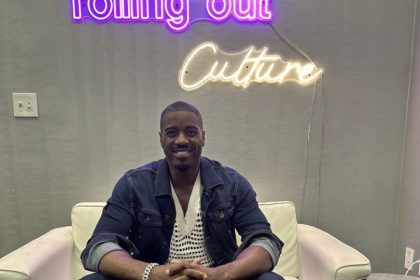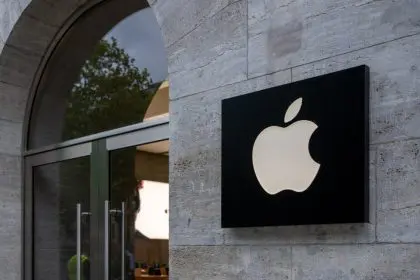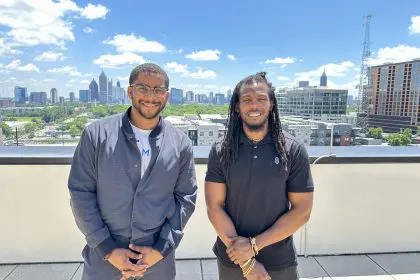A better way to die
Fox’s new hit drama “Empire” is killing it. With an average of 10 million viewers each week, the show explores the struggle of coming to grips with one’s own mortality. Beyond the sick hip-hop beats, drop-dead gorgeous cast and runway fashions, the show’s writers take us on a journey that exposes the real-life struggles of coping with death and dying.
“Empire’s” leading man, Lucious Lyon, portrayed by Terrence Howard, is a drug dealer turned rapper turned record label mogul who is diagnosed with ALS (Lou Gehrig’s Disease) and given three years to live. Motivated by his fate, Lyons carefully pits his three sons against one another over who will take over his empire. Adding to the drama is Lyon’s estranged wife, Cookie, played by Taraji P. Henson, who makes it clear she wants half of the company. The manipulative manner Lyon chooses to prepare for death makes for great television drama, but should leave us asking — is there a better way to die?
If given the choice, most people would choose to die in the comfort of their homes, surrounded by family and friends and with all the necessary arrangements in place before their last breath. However, the majority African Americans will die with no end-of-life plans and without expressing their final wishes.
Why is making a plan for the end of life such a daunting and difficult challenge for African Americans? Many Black families readily discuss cultural heritage and family values, but there is a pervasive social stigma that often causes health care planning and financial wishes to be left out of the discussions. Studies conclude we are much more hesitant to discuss end-of-life options and preparations with our families, and are half as likely as Whites to have an advance directive, living will, updated life insurance policies or a do-not-resuscitate order on file with our primary care physicians. What’s more, a mere 13 percent of us in home health care have an end-of-life plan in place, compared with 32 percent of Whites. This failure to specify our health care preferences can leave our family members with the undue burden of making difficult medical decisions for us and may mean that desired treatments are not being delivered.
Widespread failure to make end-of-life plans also has a long-term socioeconomic impact on Black families, and can result in a loss of generational wealth. African American families already hold the least amount of wealth in the United States. And a recent study by the Pew Research Center found that wealth inequality by race and ethnicity has grown since 2007, and the gap between Whites and Blacks is at the highest level it’s been in over 25 years.
A lack of planning also leads to discord among survivors and can tear families apart. Perhaps the most visible modern day case for African Americans of how a lack of planning can lead to divisions among surviving family members is illustrated by the ongoing battles of Dr. Martin Luther King Jr.’s surviving children over his estate. The public has watched their continuous lawsuits and petty quarrels play out for years in the media, tarnishing their reputations and needlessly taking attention away from their father’s immutable legacy.
As our nation pauses to celebrate Black History Month, there’s no better time to discuss death and dying in the African American community. And as this conversation progresses, Compassion and Choices, a Denver-based organization that works to ease people’s end-of-life journey, will host The Journey Home: An African American Conversation on Feb. 24 in Washington, DC. The event will bring together prominent African American clergy, medical professionals, estate planners and other thought leaders, to explore the cultural, social and religious factors that make African Americans hesitant to make end-of-life decisions and discuss what should be done to increase black families’ participation.
Demystifying the options for preparing to die and increasing awareness of how planning can benefit our families is a first step in the right direction for the African American community. We can and need to do better for our families and for ourselves.


















